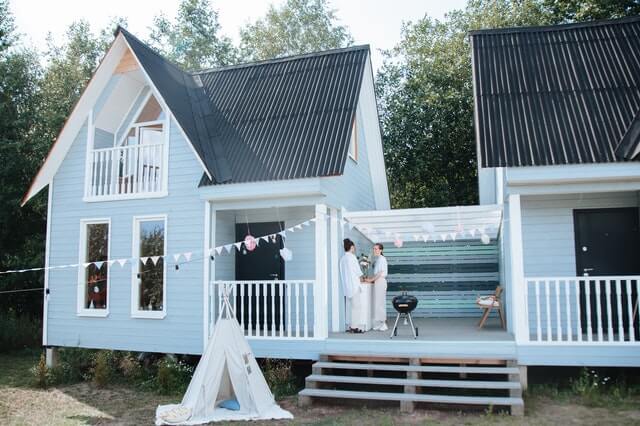It is almost impossible not to bring up the lease agreement when conflicts arise between a landlord and tenant. Most conflicts often root from one party misunderstanding the terms involved in the rental transaction. With a written and signed lease agreement in place, both parties have a reference to clear up an issue.
In Canada, each province has a standard lease agreement. It is different from province to province. For example, the standard agreement in Ontario is different from that of Quebec (as outlined in a previous article).

Landlords, tenants, and rental agents in Canada must be familiar with the standard lease agreement in their province. They should possess this valuable knowledge before venturing into the residential rental business. It is as essential as a carpenter knowing how to use a hammer, or a pilot knowing how to start a plane.
In this article, the focus will be on the standard lease agreement legislation in the provinces of British Columbia and Alberta.
BRITISH COLUMBIA
Unlike in provinces like Quebec and Ontario, the tenancy agreement form of British Columbia is not mandatory. However, landlords are still recommended to have a written contract prepared. In British Columbia, the tenancy begins once the tenant pays the security deposit. The province’s standard terms of a tenancy agreement would apply if the landlord did not prepare a contract. Both the landlord and tenant must date and sign the contract. After signing, the landlord must provide a printed copy of the lease to the tenant within 21 days.
As a rental agent, you must also inform a potential tenant that without the tenancy agreement form, a tenant will have no protection under the Residential Tenancy Act.

General information on British Columbia’s Tenancy Agreement Form
The following details must be included in the British Columbia’s Tenancy Agreement Form:
- Names of the parties involved in the agreement (e.g., the landlord(s) and tenant(s))
- The lease duration; can either be fixed-term (has specified lease duration) or periodic term (there is no set end date). One party can terminate the lease by serving a notice of termination within a certain period which may vary from province to province.
- The total amount of rent, other separate charges, the due date of rental payments, who receives the payment, mode of payment, fees for returned cheques, late fees, and whether or not there will be rent increases in the future.
- The required deposits. For every unit rented in British Columbia, a landlord is allowed to request one security deposit and one pet damage deposit, even if the tenant has multiple pets. There is a limit to the amount of security deposit, which should not exceed half a month’s rent. Landlords of manufactured home parks are not allowed to request deposits.
- Pet restrictions
- Repair responsibility (i.e., who will the cost)
- Requirements for subletting the unit
ALBERTA
In Alberta, the residential tenancy agreement is under the protection of the Residential Tenancies Act. The Act applies to tenants living in a boarding house, a motel or hotel room rented for at least 6 months straight, a house, duplex, mobile home, or apartment.
The landlord and tenant must agree on all the terms. They must both sign the lease.
Unlike in British Columbia, the Residential Tenancy Agreement is mandatory in Alberta. It may be in written form or verbal. It may also be either a fixed-term tenancy or a periodic term tenancy.

The agreement must contain all the needed information about the terms of the lease (rent, late fees, duration, etc.) as well as the details of the rental unit.
The agreement must state the security deposit. A landlord in Alberta can only charge a security deposit amounting to not more than a month’s rent. The amount must be based on the rent price when the lease began, even if the monthly rent has increased. It is also required from landlords to deposit the security deposit in an interest-bearing trust account within two banking days after receiving it from the tenant.
Now that you are more familiar with standard rental agreements in British Columbia and Alberta, you will be more confident to look for tenants. Publish your listing on Padleads where you can syndicate to popular websites. It can give you a wider reach and speed up the tenant search.